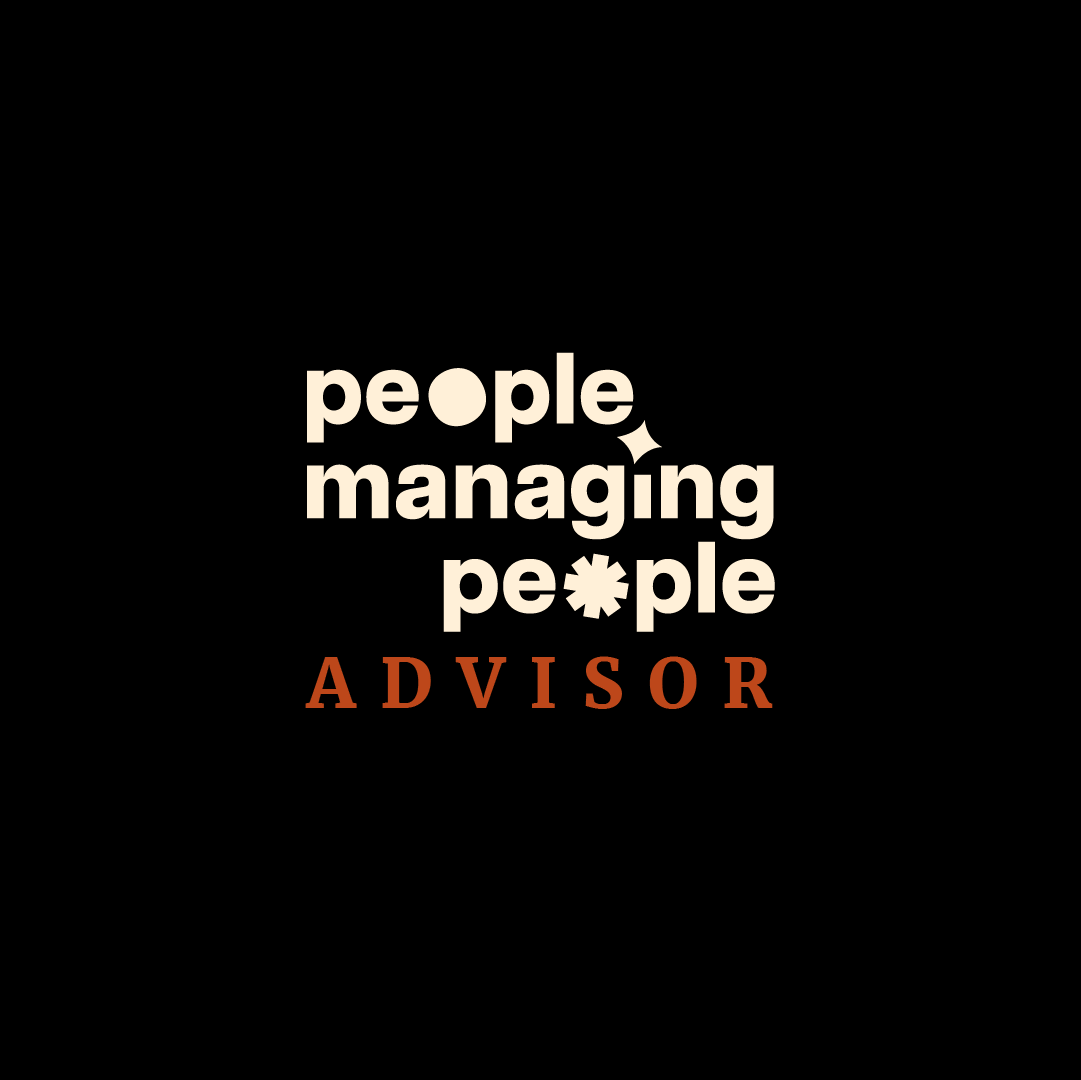Enterprise resource planning, or ERP, is the process of gathering and managing business data from various departments using dedicated software.
ERP software provides organizations with an integrated, often real-time, view of their core business processes, easily accessible through one centralized system. With the right solution and a properly considered implementation strategy, enterprise resource planning is attainable for any business.
The benefits... well, we'll go into them shortly!
What Is ERP Software?
Put simply, ERPs are tools used by organizations to streamline their business operations including supply chain, accounting, human resources (HR), e-commerce, customer relationship management (CRM), and risk management. As you can imagine, high levels of customization is a prerequisite for any ERP solution.
ERP solutions come in all shapes and sizes and, although traditionally used by larger manufacturing organizations with bigger budgets, ERP software is now increasingly attractive to 'midmarket' medium and small businesses too.
Benefits Of ERP Software
1. Increased Productivity
One major benefit of ERP software is automation, ranging from invoice generation to marketing automation. This frees up employee's time to be more productive in other areas and ensures important processes don't get overlooked.
Further, by having one central repository accessible by all departments, an ERP removes the need for tedious manual processes such as repetitive data entry across multiple systems. The accuracy of your data will also improve too!
2. Reduced Operational Costs
Through increased efficiency of operational processes, an ERP can help cut costs and increase profitability across all departments in your organization, from manufacturing to finance.
Just unifying your IT systems is normally a cost-saving exercise in itself, reducing spend on multiple licenses, support fees, infrastructure, and admin resources to manage it all makes production planning easier.
If you're a manufacturer, an ERP will provide you a new level of data to proactively manage operations, oversee inventory management, prevent disruptions and delays, and make quicker decisions.
3. Integrated Information
With an ERP, information gathered from across all the departments is consolidated into a single source. This makes it easier to share consistent, unique, and accurate data even if your organization is just a small business.
As a result, coordination between departments becomes more coherent. Having access to a wealth of accurate, up-to-date data, aids high-level business processes such as forecasting and subsequent planning and decision-making.
4. Competitive Advantage
ERPs can be expensive. Acquiring a modern ERP system, however, can put you ahead of the competition simply by having a level of business intelligence that they don’t. The combination of real-time data, coupled with increased agility, enables you to hone in on untapped competitive advantages, drive product development, and respond quickly to change.
5. Flexible Systems
Cloud ERP systems enable workers to operate remotely. Additionally, an ERP system can be configured to accommodate workforce changes and more users as the business expands, thus aiding scalability.
During ERP implementation, it is important to factor in flexibility and mobility for when the business scales in the future. These systems also allow room for adding more users as growth occurs.
6. Easier Reporting and Planning
An ERP suite means a single unified reporting system. Accurate, real-time data can be generated and shared without the intervention of an IT expert. Employees can generate reports, establish problems, and offer instant solutions. Interdepartmental databases are customized to allow the integration of information for easy access.
Businesses are able to plan ahead of time with easy interdepartmental communication.
7. Enhanced Data Security
The heart of any ERP system is data security. ERP systems spanning across business functions have controls on who can view and edit sensitive information. Merging information into a single repository, whether on-premise or in the cloud, shores up security compared with scattered sources on disparate systems.
As Toolbox writes about data security, businesses today are experiencing hits to their finances caused by security breaches that are up to 90% more costly than they were four years ago. As such, it is important to use ERP software that enhances the overall security of your data.
Improved data security also helps with regulatory compliance, and the aforementioned built-in reporting functions can help to reduce auditing costs.
8. Improved Customer Service
ERP systems enable customer service and sales teams to quickly access customer data so they have an easier time addressing customer concerns and tracking experience history.
According to Bluelinkerp, 55 percent of customers are willing to pay more if a good experience is guaranteed.
9. Department Collaboration
ERP solutions make it possible for different departments to remotely share system-integrated information.
Further, suppliers can track stock balances and plan ahead of time, streamlining your supply chain operations.
Related read: 5 Examples of ERP Implementation in Big Companies
How To Choose The Right ERP Software?
The right ERP software has the potential to be transformational for your business, but there are risks involved. Before any ERP deployment into a business occurs, several factors have to be considered for a successful ERP implementation to take place.
Here are some key considerations.
Conduct a Technical Fit Evaluation
As they'll be integrating with your current systems, your ERP solution should be compatible with your existing technological infrastructure. If you're unsure, it's worth getting expert advice, or risk compromised security and costly maintenance of your new system in the future.
Understand Acquisition Cost
ERP vendors sometimes charge extra for services on top of the basic package price. You should look out for additional pricing variables, such as:
- Software maintenance
- Implementation cost
- Hardware upgrade charges.
Bear in mind that cheap ERP software may also pose threats to your data security.
Keep Options Open
There are a lot of ERP software options out there with varying degrees of functionality and security. Such a high number of vendors can be confusing when making a purchase. Avoid making product purchases based on brand names. Instead, shop around for a solution appropriate to your specific business needs.
Consider Integrations
Your ERP won't operate in a vacuum. You'll want something that seamlessly integrates with your enterprise HR system, performance management tools, communication apps, and anything else you may use day-to-day.
Conduct a Process Review
Document your pain points, strengths, and other processes that your ERP solution should address. Determine which workflows you'd like to optimize and how you want the business to look like in the future.
Have a Realistic Implementation Plan
An ERP is a big system and will take a while to configure. Therefore, the implementation period is an important aspect to consider on top of other factors like cost and end-user acceptability. Any implementation plan should consider a grace period for data migration.
Have a Clear Forecast of Potential Benefits
You are likely looking to increase profitability by reducing costs with the right ERP software. It is important to measure this metric before making a purchase.
Don’t fall for an ERP that will drain your resources as you try to make it work out in your organization.
Need expert help selecting the right ERP Software?
If you’re struggling to choose the right software, let us help you. Just share your needs in the form below and you’ll get free access to our dedicated software advisors who match and connect you with the best vendors for your needs.
Next Steps
We've shown you the benefits of ERP software and provided advice to help with choosing the best option for you.
If you feel like ERP might be right for you, and want to get a flavor of what's available, a good place to start is our in-depth, objective analysis of popular ERP software vendors.
Also, if your business is customer-driven, you may want to reap the benefits of investing in a combined ERP and CRM system. This article walks you through how to choose between ERP and CRM software to help you sort that out.
Have any questions, or knowledge to impart, regarding ERPs? Leave a comment below. If you’re a seasoned people person, apply to join our exclusive community to connect and share knowledge with other industry professionals.
For help getting your tools and data organized, check our list out of the 10 Best SaaS Management Platforms To Organize All Your Apps.



